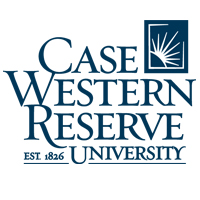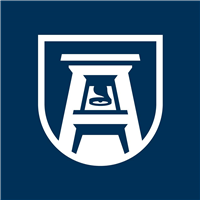What do they do?
Diagnose, treat, manage, and prevent diseases or conditions of the cardiovascular system. May further subspecialize in interventional procedures (e.g., balloon angioplasty and stent placement), echocardiography, or electrophysiology.
-
0%
Change
Select a state to see its job growth rate rankingJob Openings
Select a state to see its net job growth ranking
-
Tufts University
Medford, MA
-
Georgetown University
Washington, DC
-
University of Pennsylvania
Philadelphia, PA
-
Harvard University
Cambridge, MA
-
Rutgers University-New Brunswick
New Brunswick, NJ
Looking for colleges that offer a specific major? Use the College Match Tool to find your best-matched schools and discover your estimated Net Price!
- Doctorate or Professional Degree (100%)
- Master's degree (<1%)
- Bachelor's degree (<1%)
- Associate's degree (<1%)
- Some college, no degree (<1%)
- High school diploma equivalent (<1%)
- Less than high school diploma (<1%)
This page includes data from:

 Occupation statistics: USDOL U.S. Bureau of Labor Statistics Occupational Employment Statistics
Occupation statistics: USDOL U.S. Bureau of Labor Statistics Occupational Employment Statistics









